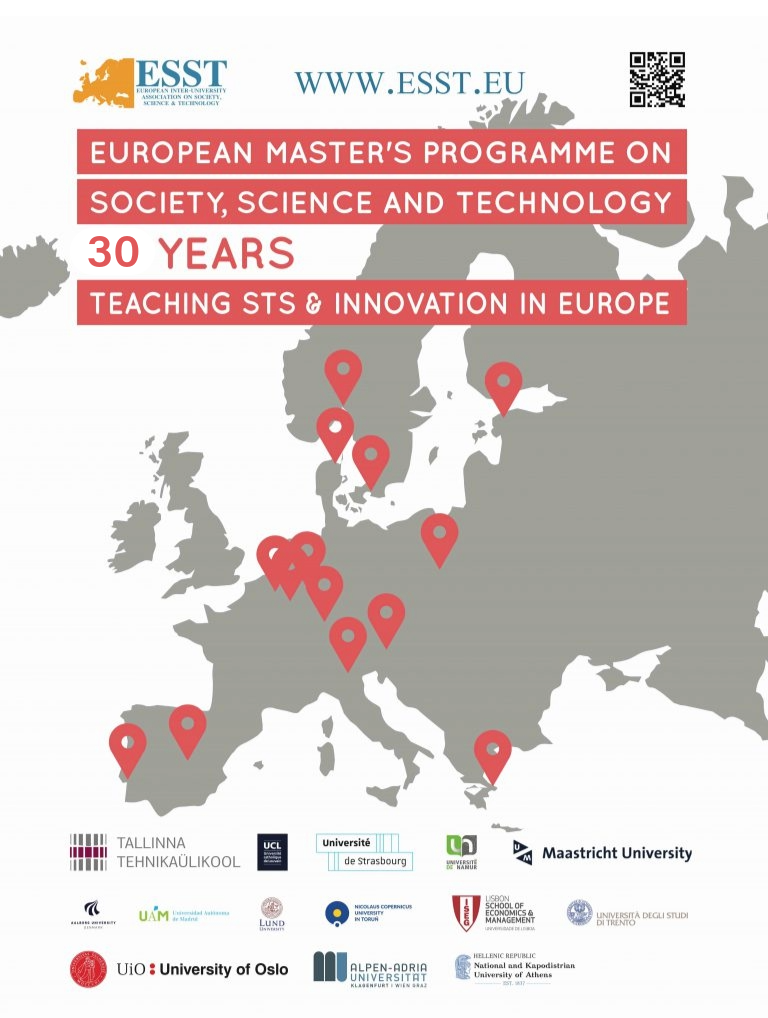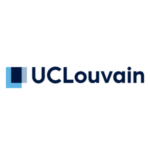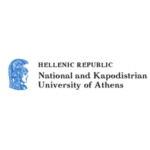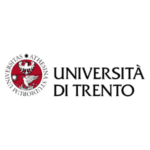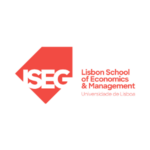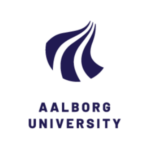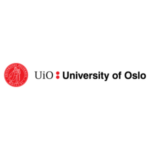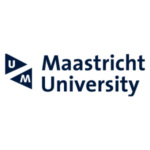Philosophical Approaches to Science and Technology
In recent years, the cultural role of science in our society has profoundly changed. The neutrality of science, both epistemological and social, has increasingly been called into question. As it has become more integrated with corporate research and development, science is now sometimes thought to be nothing more than an accessory to global capitalism. Such a position calls for critical normative and conceptual analysis. The complexity of the relationship between science and society requires epistemological study aimed at improving our understanding of what science actually says and what scientists actually do. That conceptual and empirical work must, in turn, be supplemented by normative evaluation, examining the ways in which the products of science (especially contemporary technology) interact with the social world.
Program
Since most ESST students that will come to UCLouvain are not trained as philosophers, we have focused our training around two tools that are designed to get you up to speed in contemporary philosophy of science.
- Center seminar: the CEFISES organizes a weekly research seminar. These seminars cover some of the current research interests of the center’s members. Most of the presentations are given by external speakers. In recent years, for example, the seminar has covered topics such as the distinction between content and convention in scientific models, the nature of biodiversity or the formal structure of explanation. Attending this seminar will give to students a window into current research in philosophy of science and technology.
- Mini-conference meetings: Every few weeks, all ESST students will be expected to present their work in progress with slides or text, in short presentations of twenty to thirty minutes. During these meetings, the group will discuss your research progress, and our faculty, graduate students, and postdocs will offer advice and help you to plan your next steps. We will also draw on expertise from other fields, if we have local academics who could help improve your work. These meetings will allow ESST students to function as fully integrated members of our research group, not merely temporary visitors. The student’s presentations and the writing of a research proposal will be evaluated in order to award 8 ECTS.
The objective of these learning activities is that students (1) become acquainted with current issues in philosophy of science and technology, (2) learn how to participate in a research group in philosophy, and (3) learn how to defend a philosophical position and respond to objections against it.
All theses will be supervised one of our three philosophers of science, Pr. Alexandre Guay, Pr. Charles Pence, or Pr. Peter Verdée. If necessary, co-supervisors from other fields will be included.
In order to give high quality supervision, no more than 2–3 students will be admitted in this elective in a given year.
Thesis Topics
We propose that all thesis topics fit in one of the current center research axes. To consult an up-to-date list of research domains, go to https://cefises.be/en/projects/
These suggestions are only here to give a general idea of the kinds of theses that our faculty regularly supervise. The final subject will be the result of discussions between the student and the supervisor.
Language
ESST students at UCLouvain do not need to have knowledge of French. The Center seminar and all student supervision are performed in English.
Description of the Research Centre
Founded in 1958 by Prof. Jean Ladrière, the Center for Philosophy of Science and Societies (CEFISES) is a research center operating within the Institut supérieur de philosophie at the Université catholique de Louvain. Following the vision of its founder, it is focused on all questions of philosophical importance which arise in the formal, natural, and social sciences, as well as the ethical and social relations which those sciences entail. Our members work on the full range of philosophical questions raised by the sciences, including those within philosophy of science, formal philosophy, and ethics and practical philosophy. Many of us have dual training in philosophy and science.
In close contact with scientific disciplines (formal, natural, and social), CEFISES examines, using analytic methods, both fundamental philosophical problems and those which are more topical, linked to one or many specific fields. We thus explore the epistemological status, cognitive significance, and social influence of scientific models, and the diverse conceptions of humanity and nature which underlie them.
But scientific activity also contains an historical and social dimension, which the philosophy of science must take into account. For this reason, CEFISES is also focused on interactions between philosophy and history of science, as well as the impact of technoscience and new technology on contemporary society.
Practical informations
https://uclouvain.be/en/faculties/fial/fial-incoming-exchange-students.html
Contact person
UCLouvain representative in the ESST network
Prof. Alexandre Guay; Email: alexandre.guay@uclouvain.be

